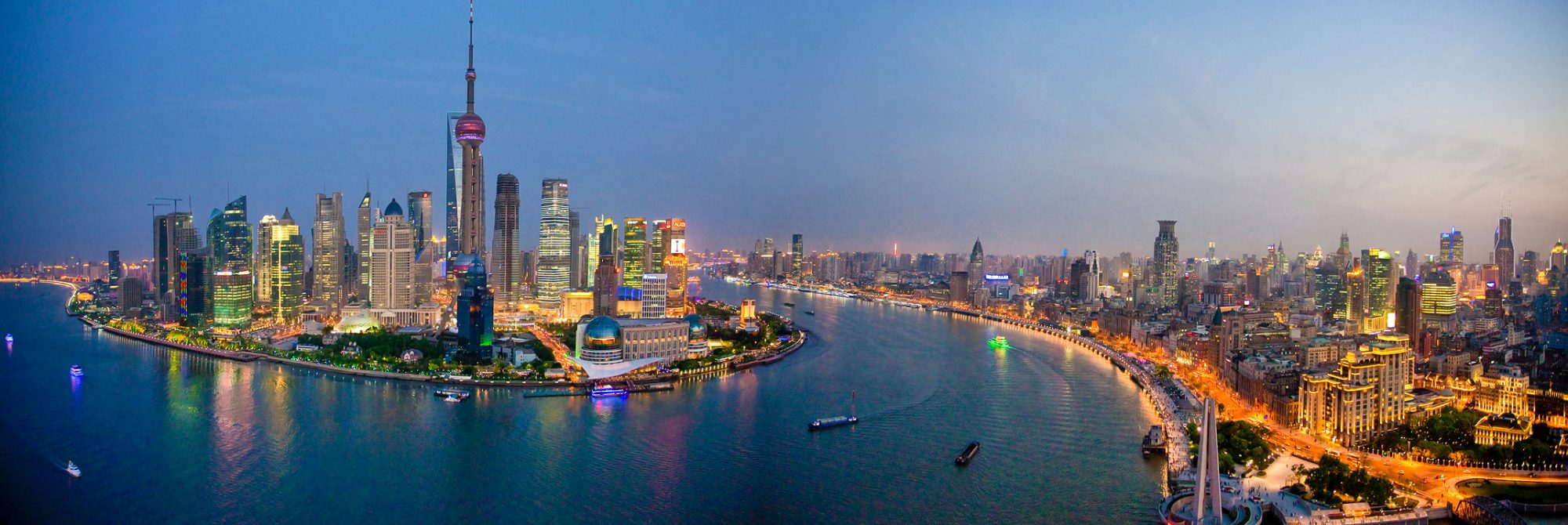By Mediafile
On September 5th, 2017, the headline “Descent into Outright Dictatorship” commemorated the last publishing day for non-for-profit paper The Cambodia Daily. The paper closed down due to its inability to pay $6.3 million in taxes to Cambodia’s Finance Ministry.
According to the Committee to Protect Journalists (CPJ), the paper was given 30 days to pay the millions of dollars worth of taxes or face “closure and seizure of its assets,” which resulted in the the Ministry of Information denying renewal of the publication’s license.
“It was [the government’s] intention to shut down the paper,” stated Steve Butler, Asia Program Coordinator at the Committee to Protect Journalists, in an interview with MediaFile.
The Cambodia Daily was founded in 1993 by American publisher Bernard Krisher and has made over $39 million in charitable donations, all of which were rejected as acceptable deductions by the government’s tax department.
Krisher’s daughter, deputy publisher Deborah Krisher-Steele, stated that “there’s no justification for the amount the government says is owed,” according to National Public Radio (NPR). In the weeks leading up to the paper’s closure, Krisher-Steele requested a formal audit. Shortly after, she was blocked by immigration officers from leaving the country.
The Cambodia Daily’s closure serves as only the latest example of the crackdown on media and independent organizations in Cambodia.
The Ministry of Information closed 19 local radio stations broadcasting American content, including Radio Free Asia and Voice of America, as stated by the CPJ. In addition, reports from the UN News Centre describe the shutdown of the The National Democratic Institute (NDI), which “had been working on elections and with parties across the political spectrum.” According to the South China Morning Post, foreign staff had been expelled from the institute after claims that the NDI “was helping the opposition Cambodia National Rescue Party (CNRP).
Though Prime Minister Hun Sen has maintained power for three decades, the CNRP gained surprising momentum during the 2013 elections and again this past June. Since then, Sen has increased efforts to eradicate opposition and criticism, including arresting opposition leader Kem Sokha for treason. The Cambodia Daily’s second-to-last piece provided an in-depth analysis into his arrest.
“It’s not just foreigners that are in the crosshairs,” said Steve Butler. “The government is opposed to opposition. They’re opposed to democracy, freedom of speech, and freedom of the press.”
As a result of the government’s increased assault on the media and other independent organizations, the UN has called upon the Cambodian government to guarantee political and civil rights for all of its people.
“We call on the Royal Government of Cambodia to ensure due process in all measures taken, including the right to appeal, and to respect the rights to freedom of association and expression,” said Liz Throssell, Spokesperson for the Office of the UN High Commissioner for Human Rights, according to UN News Centre.
In reality, there are a few ways the United Nations can impact human rights in Cambodia.
“The easiest thing they can try to do is embarrass the Cambodian government and draw attention to what they do by naming and shaming,” said Butler.
Butler also stated that an increasing number of world leaders look to the United States and see President Trump’s rhetoric as “an excuse to crack down on the press”–Cambodia being no exception.
According to Reuters, Hun Sen declared, “Donald Trump understands that [journalists] are an anarchic group.” Prior to last November, Hun Sen said he hoped Trump would win the American election “for the good of world peace.”
“It’s actually in the interest of the United States to maintain our leadership on these issues,” said Butler. “It makes for a better world.”


